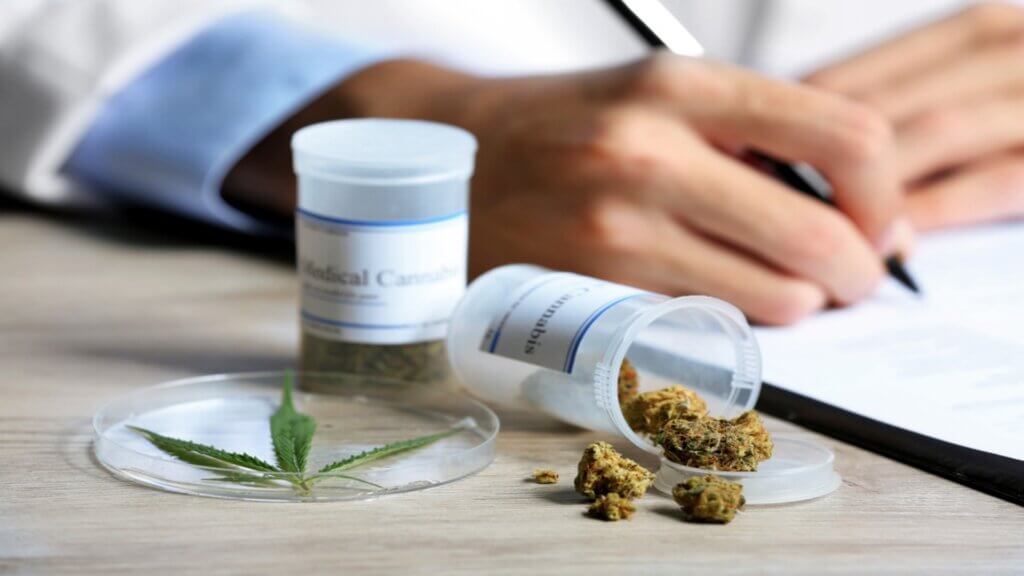In recent years, you may have noticed the growing popularity of cannabis, with regulations regarding its possession and consumption becoming more lenient in some countries. Alongside this, the cannabis industry continues to thrive, with production increasing over time.
The steady rise of cannabis’s popularity is a result of the effort of several groups to push for its legalization for recreational and medical use. Cannabis enthusiasts use it for its relaxing properties, with some forms giving a euphoric high. Meanwhile, evidence suggests promising possibilities for the therapeutic use of cannabis.
Types Of Cannabis
The cannabis plant has two main types: sativa and indica. Sativa is believed to have an energizing effect, while indica is known for its relaxing effect. The third category is hybrid, a combination of the two types.
There are various kinds of cannabis products and different ways of consuming or using them. The dried cannabis flower is often ground and smoked using a pipe or vaporizer. Cannabis edibles refer to food like gummies and beverages like tea, which contain cannabis extracts. Cannabis topicals are creams or balms that can be applied to the skin. If you wish to learn more about other cannabis products, you may check out Stiiizy stores.
Potential Medical Benefits Of Cannabis
There’s mounting evidence supporting the health benefits of cannabis. These include the following:
1. It Can Help Reduce Symptoms Of Anxiety, Depression, And PTSD
Cannabis shows promise in managing symptoms of anxiety, depression, and post-traumatic stress disorder (PTSD). Cannabis consumption is often associated with happiness, euphoria, and calmness. The right type and dose of cannabis can help you relax and ease stress and feelings of worry.
Research studies are ongoing to investigate how cannabis can benefit people with other mental health disorders.
2. It Can Help Treat Insomnia
Since cannabis can help make you feel relaxed and even sleepy, it’s no wonder that many people regard it as a possible treatment for insomnia. It’s reportedly beneficial in improving sleep quality by helping you fall asleep and stay asleep.
Getting restorative sleep enables you to recover from the previous day’s exhaustion. It can also improve your mood and energy levels and balance your hormones.
3. It Can Help Prevent And Treat Gastrointestinal Issues
Cannabis shows promising results in preventing or treating gastrointestinal (GI) issues. Some of the GI disorders that cannabis may help treat are Chron’s disease, irritable bowel syndrome (IBS), and inflammatory bowel disease (IBD).
Cannabis is believed to be effective in reducing inflammation in the gut, thus helping it heal. Furthermore, it can also help relieve other gastrointestinal symptoms, such as poor appetite and nausea.
4. It Can Provide Pain Relief
Cannabis is also potentially beneficial as a pain reliever. So, if you suffer from pain due to a malignant disease, you may consider using cannabis for pain relief to improve the quality of your life.
Cannabis can help relieve pain by reducing inflammation, interacting with neurotransmitters, and increasing the activity of your endocannabinoid system. Thus, many people use cannabis to alleviate pain from spasms and tissue or nerve injury.
5. It Can Help Lessen Inflammation
Another reason why you might consider using cannabis is if you wish to reduce inflammation. This can be especially helpful if you’re suffering from conditions such as rheumatoid arthritis, inflammatory bowel diseases, and multiple sclerosis.
Preclinical studies show that cannabis may reduce pro-inflammatory cytokine levels. Given this, you may try cannabis if you’re looking to manage an inflammatory illness.
6. It Can Aid In Addiction Recovery
Another potential medical benefit of cannabis is that it can help with alcohol and drug addiction recovery. It is believed that cannabis can prevent relapse by improving impulse control and reducing stress-induced cravings and anxiety. So, if you’re hoping to quit drinking or drug use, you may consider consuming cannabis under the supervision of an addiction specialist.
However, more research and clinical testing should be conducted to establish the therapeutic benefits of cannabis in addiction withdrawal.
Final Thoughts
An increasing number of states in the U.S. and other countries have legalized the recreational and medical use of cannabis. As a result, cannabis products have become available in various forms, from dried flowers and concentrates to edibles and topicals.
There’s growing interest in the medical use of cannabis as studies suggest that it can help reduce symptoms of mental health disorders and alleviate pain, inflammation, and gastrointestinal conditions. It’s also reportedly beneficial in managing insomnia.
However, following the recommended dose is critical to get the most out of cannabis’s therapeutic benefits.


















